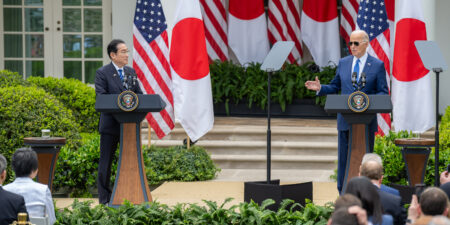Amid the escalation of violence in Myanmar’s post-coup future, BGA Myanmar’s team, led by Acting Managing Director Judy Ko, has been closely monitoring what the unfolding events mean for the country as well as the implications for companies. While the prospects may still remain unclear on some fronts, this remains a key theme to watch in the coming weeks and months.
First and most directly, the post-coup landscape is already affecting Myanmar’s economy. From the outset, the civil disobedience movement, known as CDM, had impacted day-to-day financial operations and boycotted businesses owned by military conglomerates. While the State Administrative Council (SAC) has several experienced bureaucrats serving in some key positions and the cabinet is generally seen as business-friendly, the brutal crackdown on protestors and actions such as internet shutdowns and suspension of social media platforms have already hit some companies such as digital service providers, financial services and e-commerce businesses.
Second, the post-coup developments are also expected to negatively impact Myanmar’s domestic economic climate more generally as well. As the military-led State Administrative Council (SAC) continues implementing its roadmap to ensure the military’s participation in politics and the economy and permanently banning the National League for Democracy and its leadership in Myanmar’s future, it will likely continue to encounter opposition which will make the country’s handling of its economic issues and the Covid-19 pandemic much more difficult. Policymaking on aspects of economic policy could also be impacted, with a case in point being a significant rise in inflation under the junta’s rule.
Third and finally, the events in Myanmar could also impact the country’s wider regional and international obligations and partnerships. The junta is already struggling to meet basic budget requirements given the cut in development aid by international donors. The implementation of regional free trade agreements such as the Regional Comprehensive Economic Partnership (RCEP) may slow as well, and the number of targeted sanctions – already imposed by countries including the United States, United Kingdom and New Zealand – could increase further.
Given all of this, it is reasonable to expect that reputational risk will initially continue to increase in the post-coup landscape, and that greater and more thorough due diligence is likely to become a standard procedure for both local and foreign firms dealing with Myanmar. The coup and the heightened political risk could dissuade investors and lead to the relocation of responsible investors out from the country, as we have already seen in examples such as the exit of Kirin brewery and the suspension of Puma Energy’s operations.
To be sure, businesses have already begun to react to this changing environment, including some firms rallying together to express grave concern in cooperation with some local companies. Companies can also take a number of measures to insulate themselves in Myanmar, including engaging with government offices now under control of the SAC. As this process unfolds, the BGA Myanmar team will be closely monitoring developments on the ground.


























